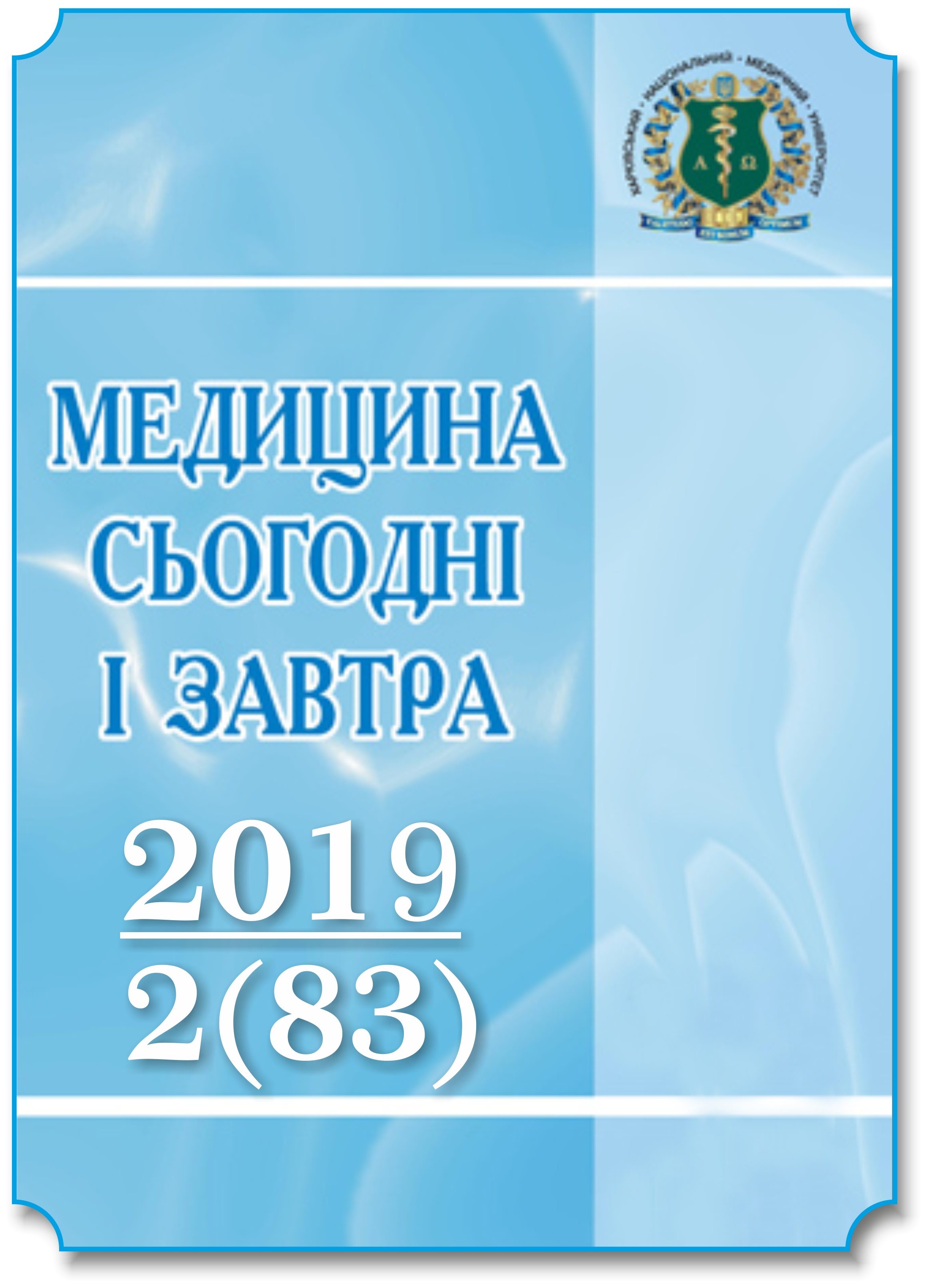Abstract
We studied the quality of life in combatants with eye trauma and partial loss of vision in combination with the clinical manifestations of post-traumatic syndrome for identify targets for targeted medical and psychological rehabilitation measures. Ninety-one combatants were examined: 49 individuals with eye injury and partial loss of vision in the clinical manifestations of post-traumatic syndrome; 42 people with clinical manifestations of post-traumatic syndrome. The data obtained were compared with the data of 59 men with partial loss of vision as a result of domestic injury. All respondents underwent a screening examination of their mental state using the CAPS clinical diagnostic scale, a questionnaire for determining the level of neuroticism and psychopathy, and a World Health Organization’s questionnaire for quality of life. When interviewing participants in the study, the significance of subjective factors of frustration was evaluated. It was found that in combatants with a combat eye injury and partial loss of vision against the background of the clinical manifestations of post-traumatic syndrome, the quality of life was reduced. Changes in levels in all areas of the World Health Organization’s questionnaire of quality of life were significantly lower than those of participants with a household eye injury. Changes in the quality of life corresponded to the levels of relevance of frustration factors. The established patterns are characteristic of participants in all study groups. Changes in the quality of life in the clinical manifestations of post-traumatic syndrome retain the established features when combined with an eye injury. The differences are due to the limitations of the individual consequences of eye injury with partial loss of vision and the mutual increase of stress.
References
Zhupan B.B. (2016). Udoskonalennia orhanizatsii spetsializovanoi oftalmolohichnoi dopomohy v khodi medychnoho zabezpechennia antyterorystychnoi operatsii [Improvement of the organization of specialized ophthalmological assistance in the course of medical support of the anti-terrorist operation]. Problemy viiskovoi okhorony zdorovia – Problems of Military Health Care, issue 47, pp. 11–15 [in Ukrainian].
Zhupan B.B. (2017). Spetsializovana oftalmolohichna dopomoha viiskovosluzhbovtsiam v umovakh yedynoho medychnoho prostoru [Specialized ophthalmic care for military personnel in a single medical space]. Ekstrena medytsyna – Emergency Medicine, № 3 (24). Retrieved from http://emergency.in.ua/2017-numbers/24-2017/565-n24s4 [in Ukrainian].
Abdriakhimova Ts.B. (2013). Porivnialnyi analiz naiavnosti i vyrazhenosti osnovnykh kliniko-psykhopatolohichnykh fenomeniv nepsykhotychnykh psykhichnykh rozladiv u osib zi vtratoiu zoru travmatychnoho henezu za danymy subiektyvnoi i obiektyvnoi otsinky [Comparative analysis of the presence and severity of major clinical and psychopathological phenomena of non-psychotic psychiatric disorders in persons with vision loss of traumatic genesis according to subjective and objective evaluation]. Ukrainskyi visnyk psykhonevrolohii – Ukrainian Journal of Psychoneurology, vol. 21, issue 1 (74), pp. 34–39 [in Ukrainian].
Abdriakhimova Ts.B. (2014). Obgruntuvannia zasad ta pidkhodiv do nadannia kompleksnoi spetsializovanoi dopomohy osobam z nepsykhotychnymy psykhichnymy rozladamy vnaslidok chastkovoi vtraty zoru travmatychnoho henezu [Substantiation of principles and approaches to the provision of comprehensive specialized care for persons with non-psychotic mental disorders due to partial loss of vision of traumatic genesis]. Ukrainskyi visnyk psykhonevrolohii – Ukrainian Journal of Psychoneurology, vol. 22, issue 3 (80), pp. 158–163 [in Ukrainian].
Tarabrina N.V. (2001). Praktikum po psikholohii posttravmaticheskoho stressa [Workshop on psychology of post-traumatic stress]. (Seriia «Praktikum po psikholohii» – Practicum in Psychology Series). St. Petersburg: Piter, 272 p. [in Russian].
Malkina-Pykh I.G. (2005). Psikhosomatika: spravochnik prakticheskoho psikholoha [Psychosomatics: reference book of a practical psychologist]. Мoscow: Eksmо, 992 p. [in Russian].
Ahaiev N.A., Kokun O.M., Pishko I.O., Lozinska N.S., Ostapchuk V.V., Tkachenko V.V. (2016). Opytuvalnyk vyznachennia rivnia nevrotyzatsii ta psykhopatyzatsii [Questionnaire to determine the level of neuroticism and psychopathization]. Zbirnyk metodyk dlia diahnostyky nehatyvnykh psykhichnykh staniv viiskovosluzhbovtsiv: Metodychnyi posibnyk – Collection of Methods for the Diagnosis of Negative Mental States of Servicemen: A Toolkit. Kiev: NDTs HP ZSU, pp. 208–225 [in Ukrainian].
Mykhailov B. V., Serdiuk O.I., Chuhunov V.V., Kurylo V.O., Andrukh P.H., Vasiakina L.O. et al. (2014). Eksperymentalno-psykholohichne doslidzhennia v zahalnii praktytsi – simeinii medytsyni: navchalnyi posibnyk dlia likariv-interniv i likariv-slukhachiv zakladiv (fakultetiv) pisliadyplomnoi osvity [Experimental-psychological research in general practice – family medicine: a textbook for interns and trainees of postgraduate educational establishments (faculties)]. (5th ed.). B.V. Mykhailov (Ed.). Kharkiv: KhMAPO, 327 p. [in Ukrainian].

